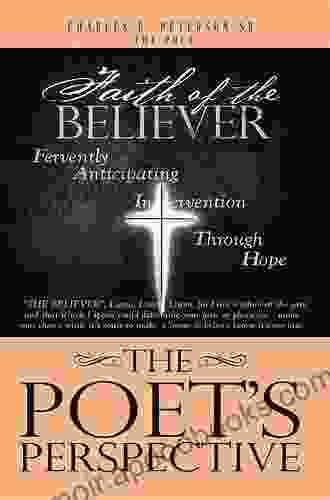In the tapestry of Louisiana's vibrant history, the Swink Landry family stands as a thread that runs deep and rich. Their story is one of resilience, determination, and cultural heritage, a testament to the transformative power of a family united in purpose.
From humble beginnings in the antebellum South to their rise as prominent citizens in the post-Reconstruction era, the Swink Landry family has left an enduring mark on the cultural landscape of Louisiana. Their legacy is a testament to the indomitable spirit of those who came before us, and a reminder of the power of family bonds that transcend generations.
Origins and Early History
The Swink Landry family traces its roots to the 19th century when their ancestors, enslaved Africans, were brought to Louisiana from the shores of Senegal. Amidst the horrors of slavery, the Swink and Landry families emerged, their namesakes a testament to the perseverance and resilience of their forebears.
After the Emancipation Proclamation, the Swink Landry family embraced freedom with unwavering determination. They established themselves as farmers in the rural town of Opelousas, Louisiana, where they faced the challenges of poverty and discrimination with characteristic resolve.
Resilience in the Face of Adversity
The path of the Swink Landry family was not without its obstacles. Like many African American families in the post-Reconstruction era, they endured the oppressive weight of Jim Crow laws and racial segregation. Undeterred, they held steadfast to their values, finding strength and solace in the love and support of their close-knit family.
One of the most notable figures in the family's history is Dr. Charles Swink, a physician who dedicated his life to improving the health and well-being of his community. Despite facing countless barriers, Dr. Swink established a thriving medical practice and became a beacon of hope for generations of Opelousas residents.
Cultural Legacy and Impact
Beyond their personal achievements, the Swink Landry family has profoundly influenced the cultural heritage of Louisiana. Their strong ties to music, religion, and education have left an indelible mark on the community.
The family's musical roots can be traced to its earliest members, who sang spirituals and work songs to uplift themselves and their fellow slaves. In the 20th century, the Swink Landry family became known for their contributions to zydeco music, a genre that blends African, Caribbean, and Cajun influences.
The family's religious beliefs also played a central role in their lives. They were devout members of the Catholic Church, and their faith served as a source of strength and guidance during difficult times. The family's commitment to education is evident in the generations of teachers, doctors, and other professionals who have proudly carried the Swink Landry name.
Preserving the Legacy
Today, the Swink Landry family continues to thrive, its members scattered across the United States and beyond. Yet, the bonds that unite them remain as strong as ever, and they are deeply committed to preserving their family history for generations to come.
In 2021, the Swink Landry Family Historical Association was founded to gather, preserve, and share the family's story. Through oral histories, archival research, and community events, the association aims to ensure that the legacy of the Swink Landry family continues to inspire and uplift future generations.
The Swink Landry family is a testament to the resilience, determination, and cultural heritage of the African American community in Louisiana. Their story is a reminder of the enduring power of family bonds and the transformative impact that one family can have on a community and beyond.
As we celebrate the legacy of the Swink Landry family, we honor the countless individuals who have come before us and paved the way for future generations. Their story serves as a beacon of hope, reminding us that even in the face of adversity, the human spirit has the capacity to triumph.


























































































